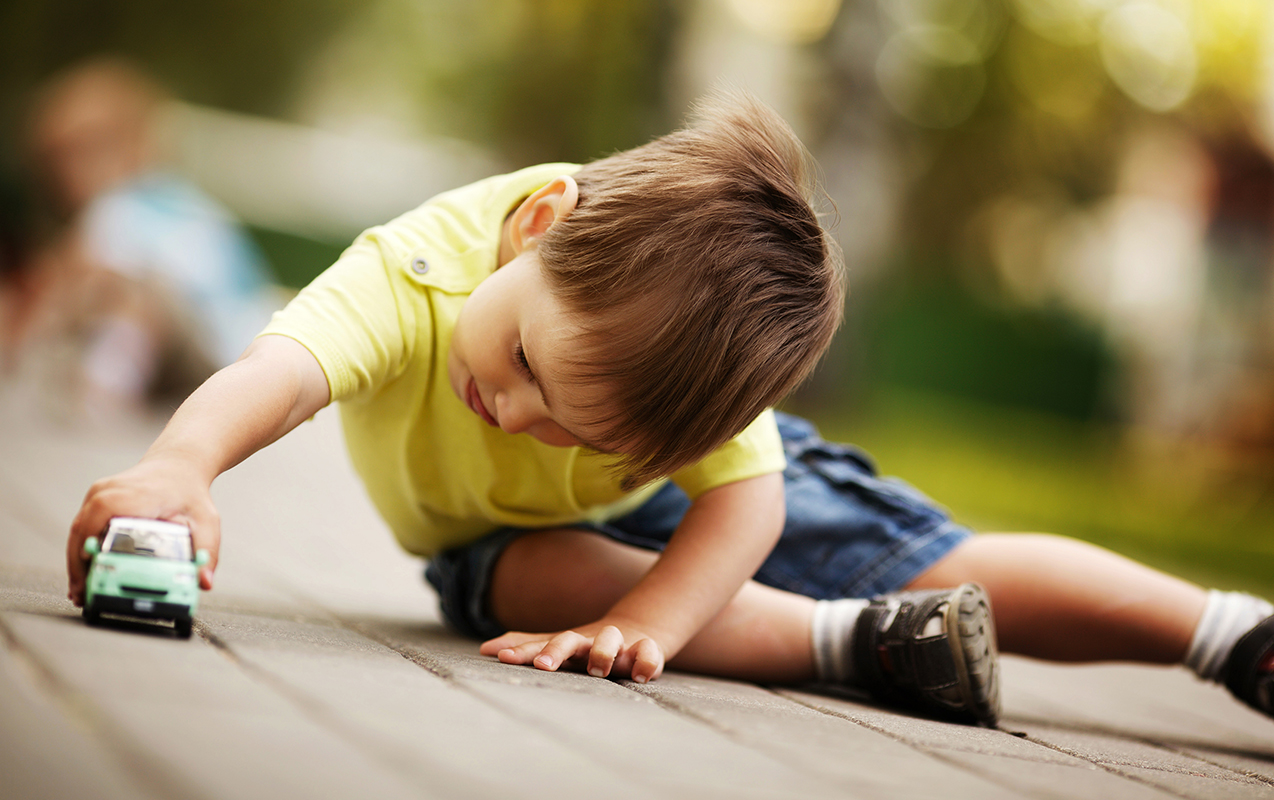The Importance of Play in Learning
Thursday, July 26, 2018

While it may simply seem like a way that parents and caregivers pass the time to keep children entertained, play is an extremely important part of a child’s early development. Play in learning is quite significant and the importance of play should never be disregarded in the early years of a child’s life.
While it may simply seem like a way that parents and caregivers pass the time to keep children entertained, play is an extremely important part of a child’s early development. Play in learning is quite significant and the importance of play should never be disregarded in the early years of a child’s life.
Play has always been a beloved part of childhood and is a simple joy as well as being a crucial part of development. Play is so central to optimal child development that it has even been recognised by the United Nations High Commission for Human Rights as a right of every child in Article 31 of the Convention on the Rights of the Child.
Let’s take a closer look at the crucial role that play has in a child’s early development.
Why Is Play In Learning So Important?
Play is an essential component in every child’s development and is vital for healthy brain development. It is through play that very young children engage and interact with the world around them. As play helps to develop fundamental communication skills, it lays the foundations for literacy. Alongside communication skills, play helps children to develop social skills when playing with others. Play also allows them to use their imagination and creativity while also improving their dexterity and physical, cognitive and emotional strength.
Let’s take a closer look at how play helps each of these elements to develop.
Skill Development
When watching your infant child reaching for a rattle, for example, they are learning to coordinate the movements of their hands with what their eyes can see. In the beginning, your child may not be able to actually grab the toy but day by day they practice and will eventually develop the motor skills needed to achieve their goals. This kind of play is vital to developing dexterity and physical strength.
While playing, children are also learning communication skills as they practice new sounds through songs. They can try out new vocabulary with their friends and through storytelling.
Social Development
As your child grows, they’ll become eager to play with children of a similar age to themselves. By playing in peer groups, children can practice working in groups, learn to share, develop negotiation skills, practice decision making and even the resolution of conflicts. Through interaction with other children, they develop valuable social skills and will learn how to get along with others, making them more contented and sociable individuals.
Creative Development
Play-based learning allows a child to develop their imagination. Pretending to be an aeroplane with their arms stretched out, pretending to be a cowboy or playing house all allow creativity to be expressed while practising adult roles or conquering fears. With their creative freedom, they explore the world and develop new skills and confidences to face future challenges.
Play In Learning Is A Crucial Part Of Childhood
The majority of our brain development takes place during the first two years of life, which means that parents and caregivers simply cannot leave it until kindergarten or primary school for their child’s learning to begin. Simple games of peek-a-boo, singing songs, clapping games or even shaking a rattle toy, all encourage brain development and help to form vital communication and language skills. Under-stimulation in these early stages of life can have long-term negative impacts on a child learning and even their physical and mental health.
If you were concerned that playing with your child or simply letting them have time to play is a waste of time, you can rest assured that play is a vital part of your child’s development and they are, indeed, learning and developing as they play.
Offers, updates and competitions...